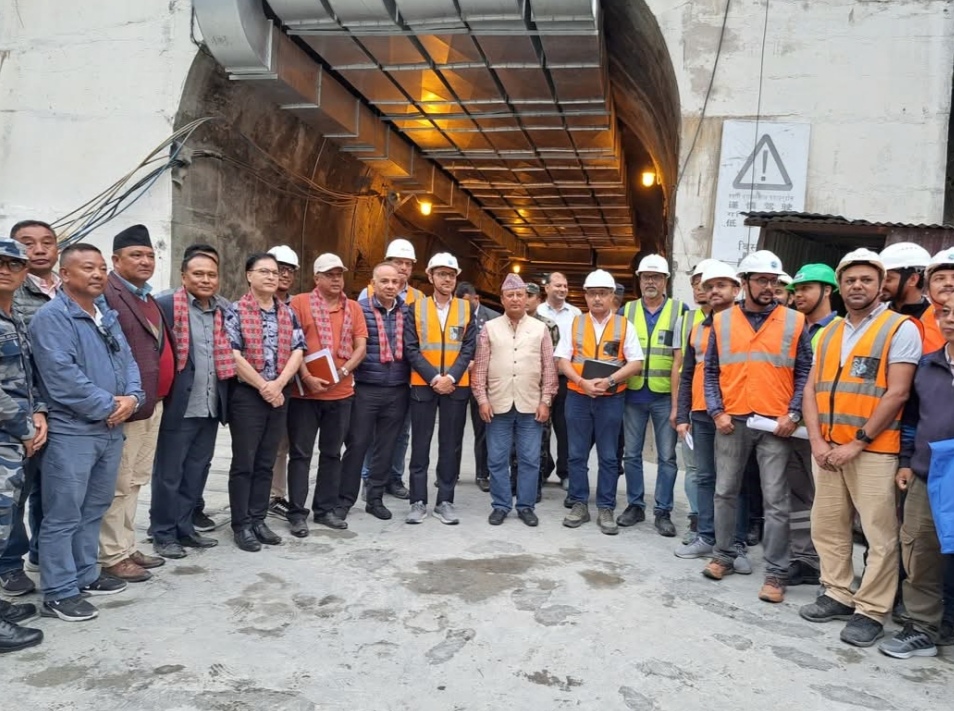Rasuwa, Nepal – The 111-megawatt (MW) Rasuwagadhi Hydropower Project has officially commenced commercial production, marking a significant milestone in Nepal's energy sector. Operated by Rasuwagadhi Hydropower Company Limited, a subsidiary of Chilime Hydropower Company, the project began supplying electricity to the national grid on January 1, 2025, following the completion of all technical tests.
A Landmark Achievement
Located in Gosainkunda Rural Municipality of Rasuwa, the project features three 37 MW generating units. Trial production began from one unit on November 21, 2024, and all units are now operational. The project is expected to generate 613.875 million units of electricity annually, contributing NPR 3.25 billion in revenue from electricity sales.
Investment and Cost Analysis
The project was initially estimated to cost NPR 13.68 billion, excluding construction-period interest, with financing split evenly between equity and debt. However, the depreciation of the Nepali rupee against the US dollar and project delays raised the total estimated cost to NPR 18.69 billion, excluding interest. Construction-period interest is projected to reach NPR 6 billion.
Financing adjustments during construction shifted the debt-equity ratio to 60:40. The Employees Provident Fund (EPF) played a crucial role as a primary lender.
Ownership Structure
The company’s ownership is diversified as follows:
Chilime Hydropower Company Limited: 32.79%
Nepal Electricity Authority (NEA): 18%
Local governments in Rasuwa: 0.21%
EPF Contributors: 15.5%
Employees of founding institutions and EPF: 4.5%
Affected residents of Rasuwa: 10%
General Public: 15%
This structure ensures widespread participation, benefiting both institutional investors and local communities.
National Impact
This project not only strengthens Nepal's electricity generation capacity but also supports the nation’s goal of becoming a net exporter of clean energy. By leveraging local and institutional investments, the project highlights Nepal's ability to balance energy demands with environmental sustainability and community development.
Challenges and Lessons
The project faced significant challenges, including currency fluctuations, project delays, and increased financing costs. These hurdles emphasize the need for robust risk management strategies in large-scale infrastructure projects.
Looking Ahead
The Rasuwagadhi Hydropower Project is a shining example of Nepal’s potential in hydropower development. With its successful operation, the project sets a benchmark for upcoming hydropower initiatives in the region, contributing to a sustainable and self-reliant energy future for Nepal.